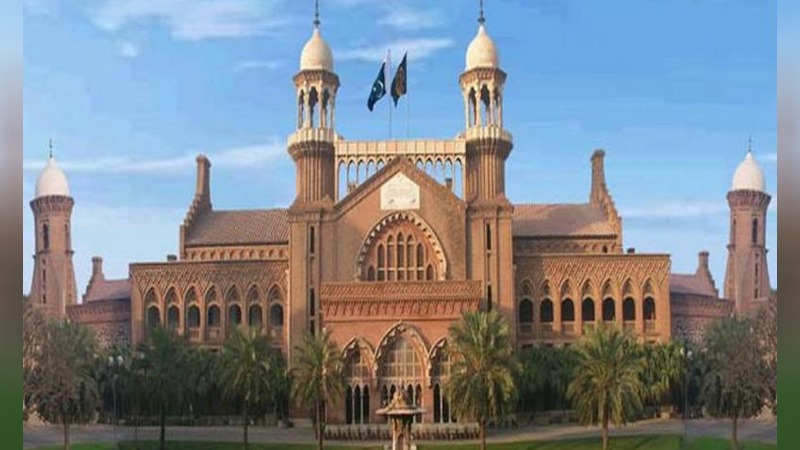The federal government’s decision to authorise the Inter-Services Intelligence (ISI) to tap phone calls has come under judicial scrutiny. A writ petition has been filed in the Lahore High Court challenging the legality of this notification, arguing it constitutes a significant invasion of privacy.
Citizen Mashkoor Hussain, represented by Advocate Nadeem Sarwar, has taken legal action against the federal notification, contending that it permits the ISI to monitor private telephone conversations. This move, according to the petitioner, threatens the sanctity of private communications, particularly in an era marked by advanced communication technologies.
Hussain’s petition highlights that the right to private communication, free from unauthorised intrusion, is fundamental. He asserts that this right is increasingly at risk of being compromised by such government actions.
Central to Hussain’s argument is Article 4 of the Constitution, which guarantees every citizen the right to be protected by the law and treated in accordance with it. He points out that the government has yet to establish the necessary rules under Section 54 of the Telecom Act, which governs the conditions under which such powers can be exercised. Without these rules, the delegation of authority to the ISI is deemed unlawful.
The petitioner has called on the Lahore High Court to declare the notification unconstitutional. Additionally, he urged the court to mandate the federal government to draft and implement proper regulations for the powers outlined under Section 54 of the Telecom Act.
The case raises critical questions about the balance between national security and individual privacy rights, particularly in the digital age. As the legal battle unfolds, it will be closely watched for its implications on privacy laws and governmental authority in Pakistan.
